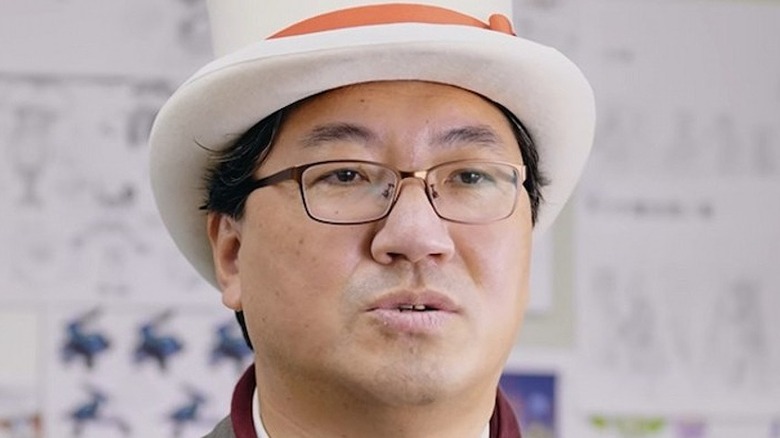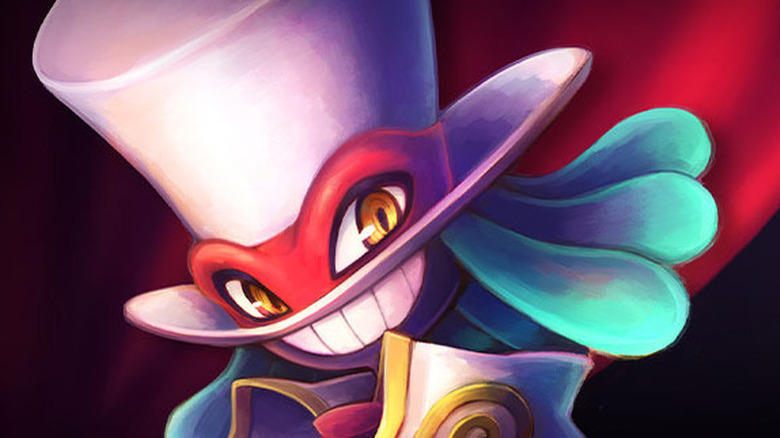Sonic Creator Admits He's Guilty Of Insider Trading
The gaming world was rocked when the news of Yuji Naka's initial arrest broke in November 2022. Naka, the co-creator of Sonic the Hedgehog and lead programmer on a number of classic games, was accused of engaging in insider trading and profiting off of privileged information. Now, the legendary dev has admitted to the alleged wrongdoing.
The original arrest report stated that Naka and two other former Square Enix employees came under suspicion after purchasing stock in the company developing "Dragon Quest Tact," doing so shortly before the game was announced. Following a second arrest in December, it was revealed that the trio had also allegedly followed a similar plan when investing in developer Ateam just before the announcement of "Final Fantasy 7: The First SOLDIER."
According to TBS News Dig's coverage of the ongoing trial in Japan, Naka has seemingly dispelled all questions regarding his guilt. Naka said, "There is no doubt that I found out about the games before they were made public and bought shares in them."
The trading occurred during development of a massive flop
Naka and the other two defendants, Taisuke Sazaki and Fumiaki Suzuki, have been accused of illegally acquiring and utilizing data and recordings pertaining to numerous meetings with Square Enix's board and stockholders, which tipped Naka off about the upcoming games. And it seems as though the creator was in the right place at the right time to intercept this information.
When the alleged trading occurred, Yuji Naka was deep in development on "Balan Wonderworld," an ambitious all-ages title that would go on to become a notorious bomb for Square Enix. The game was lambasted by critics and players for its awkward controls, nonsensical story, and confounding gameplay mechanics.
Yuji Naka has since described the development of "Balan Wonderworld" as a taxing and frustrating experience, and has alleged that the game failed due to Square Enix's business decisions. In Summer 2022, Naka publicly slammed Square Enix, claiming the company removed him from the project months before it was released in stores, preventing him from incorporating necessary tweaks that might have yielded a better product. Naka also said he attempted to sue Square Enix following the release of the game and his subsequent departure from the company.
At this time, it is unclear if these battles with Square Enix contributed in any way to his decision to engage in illegal insider trading. In the meantime, the trial continues.


